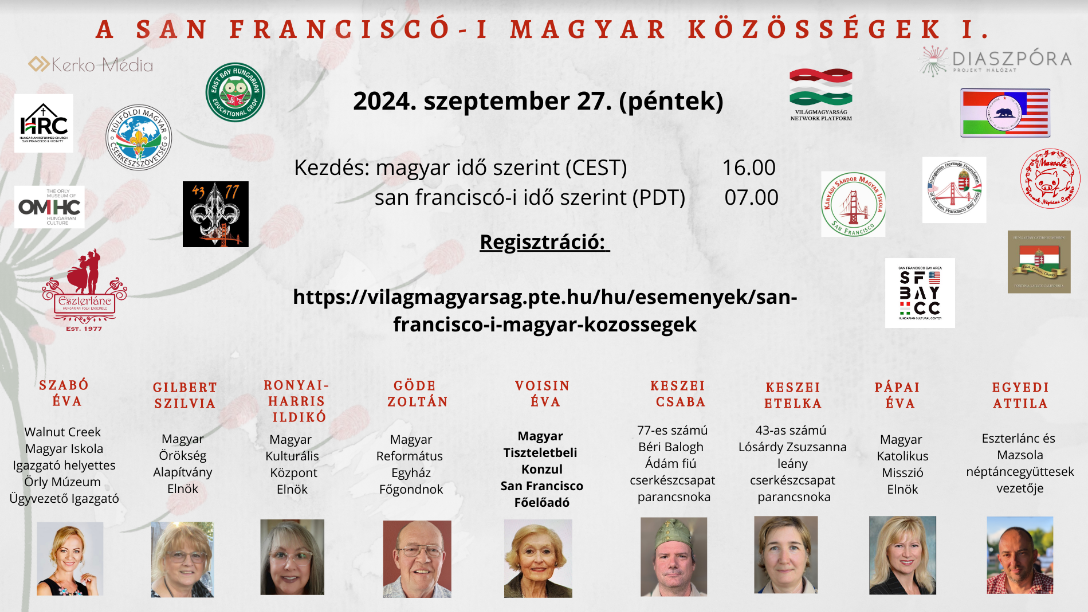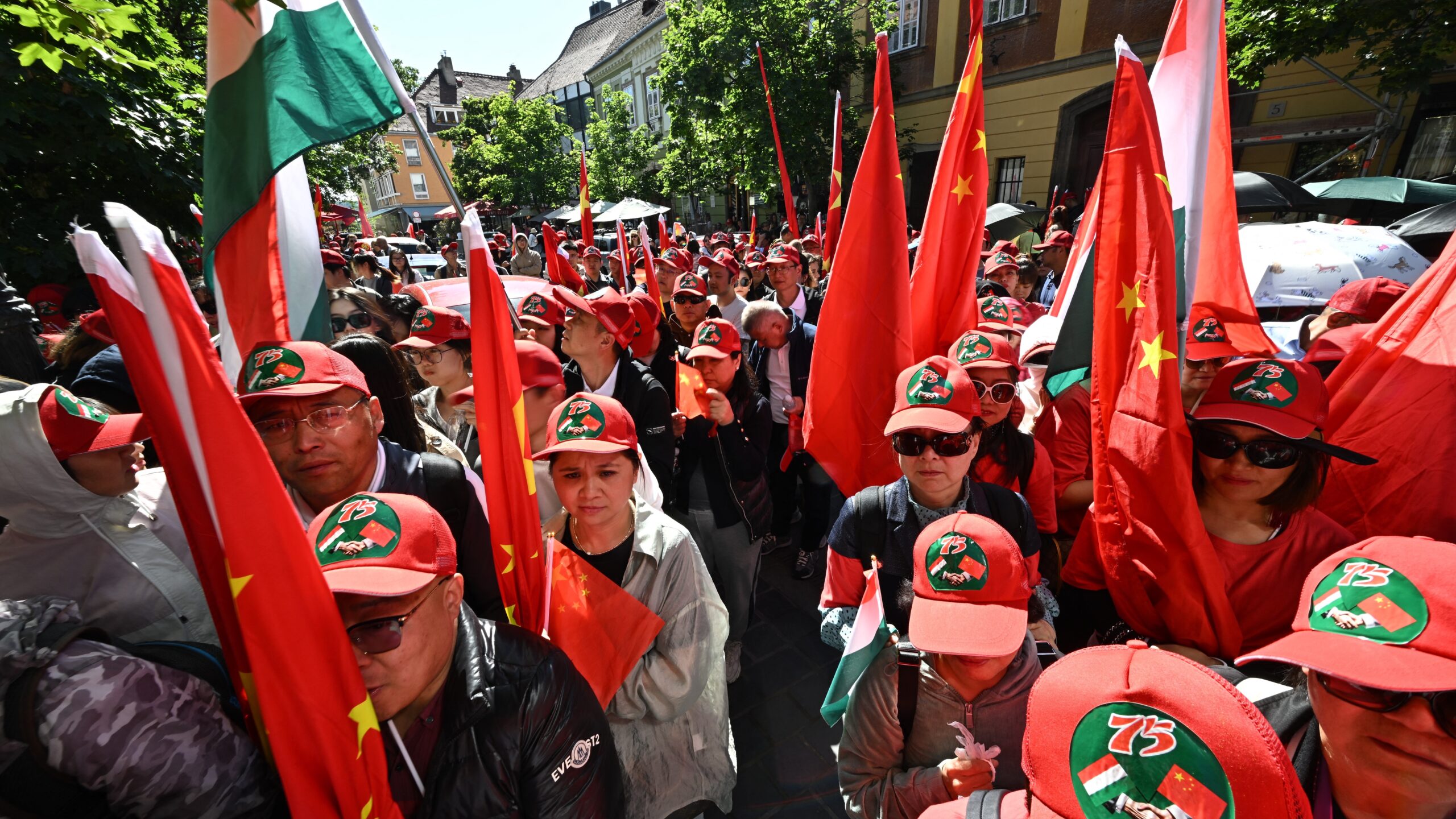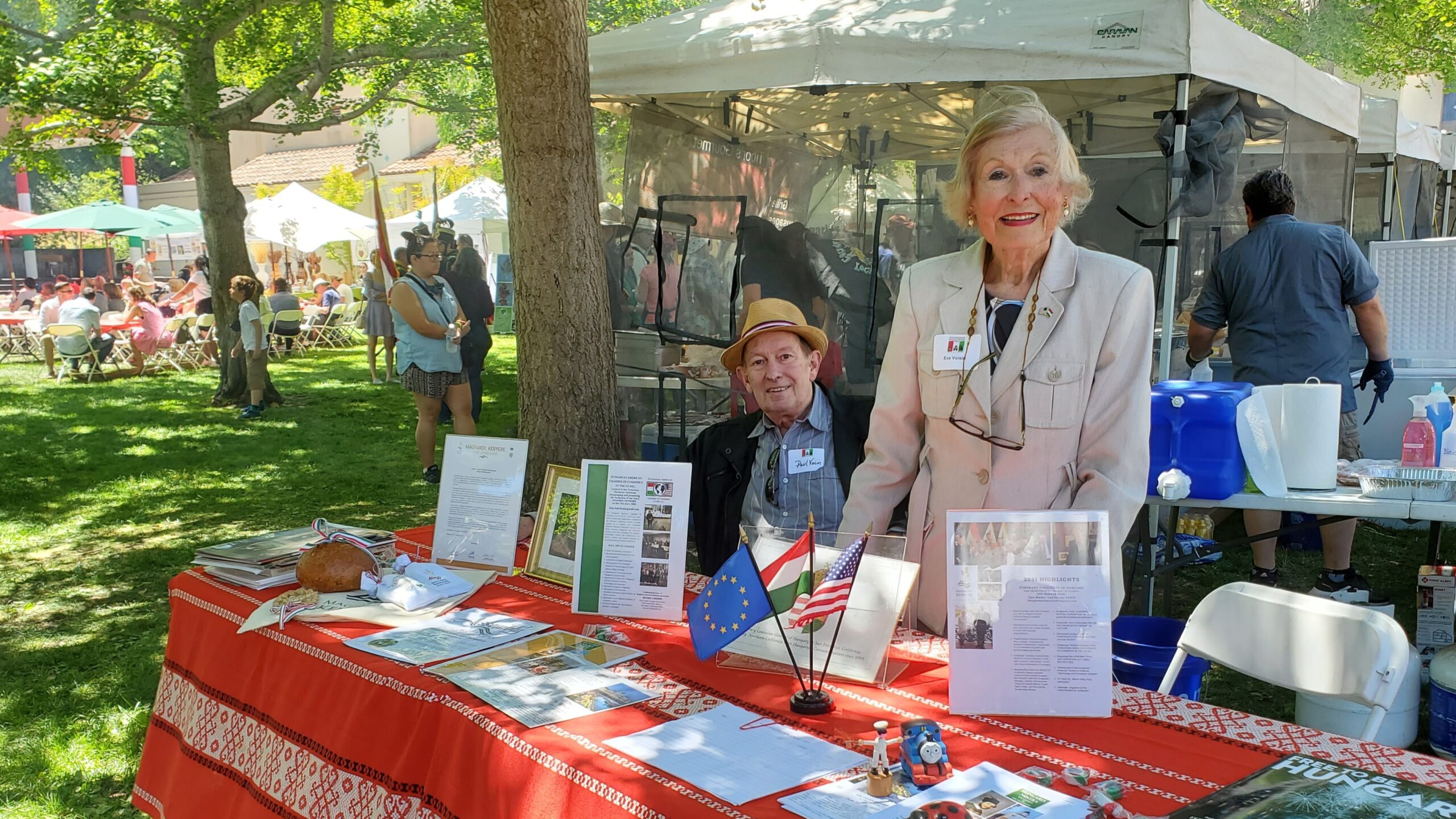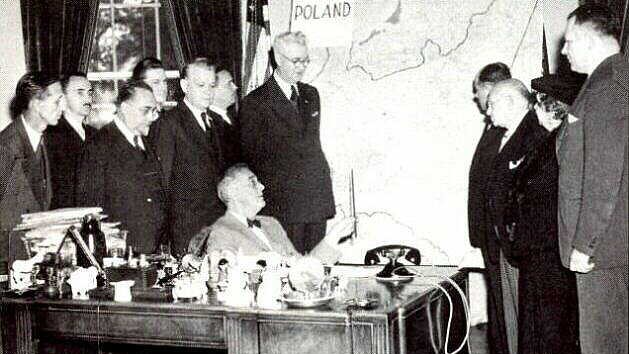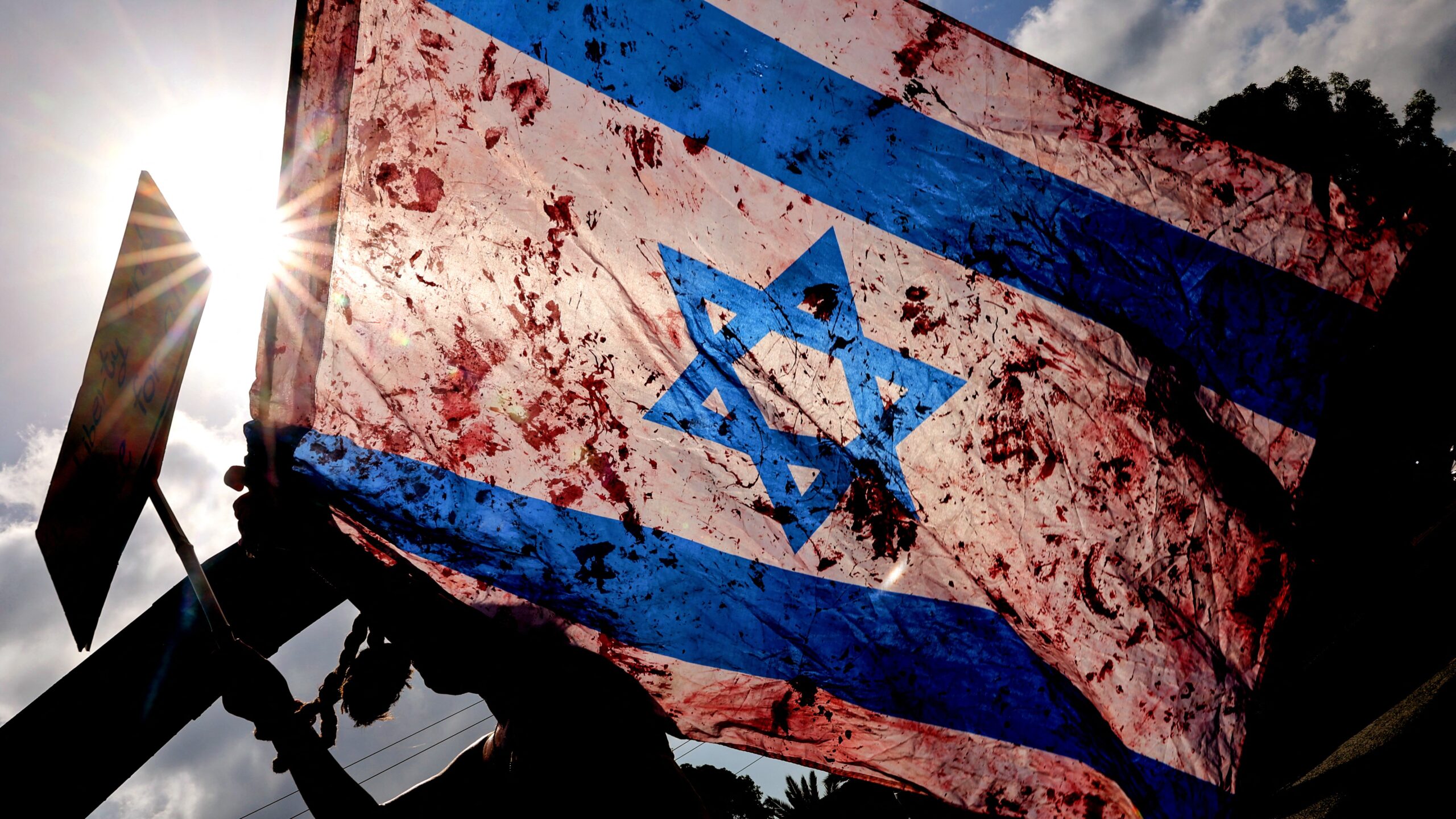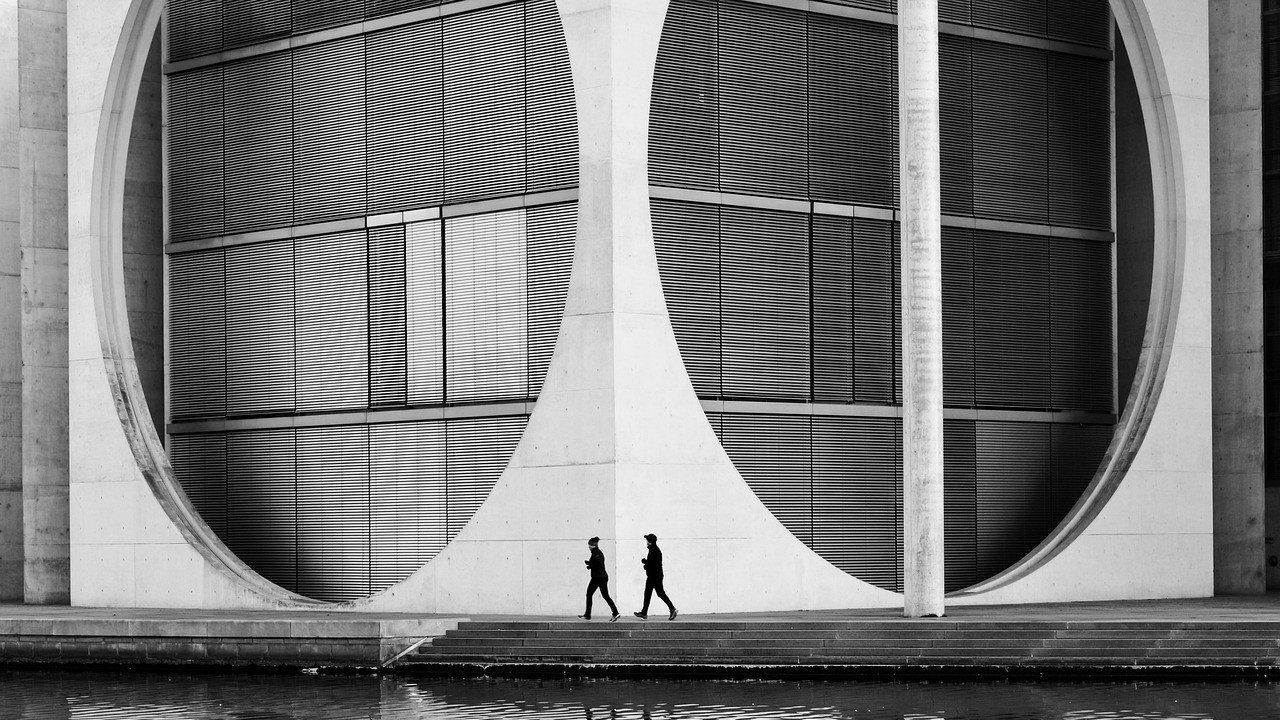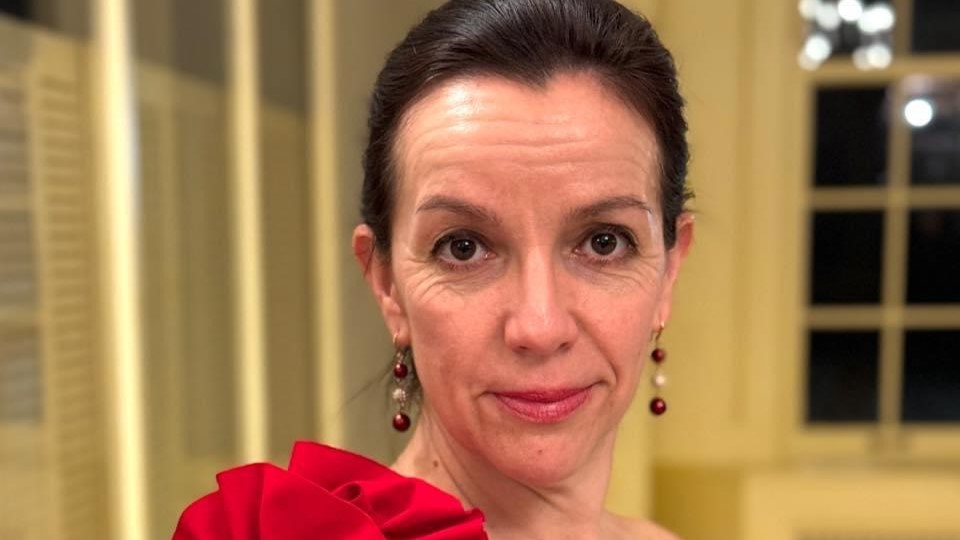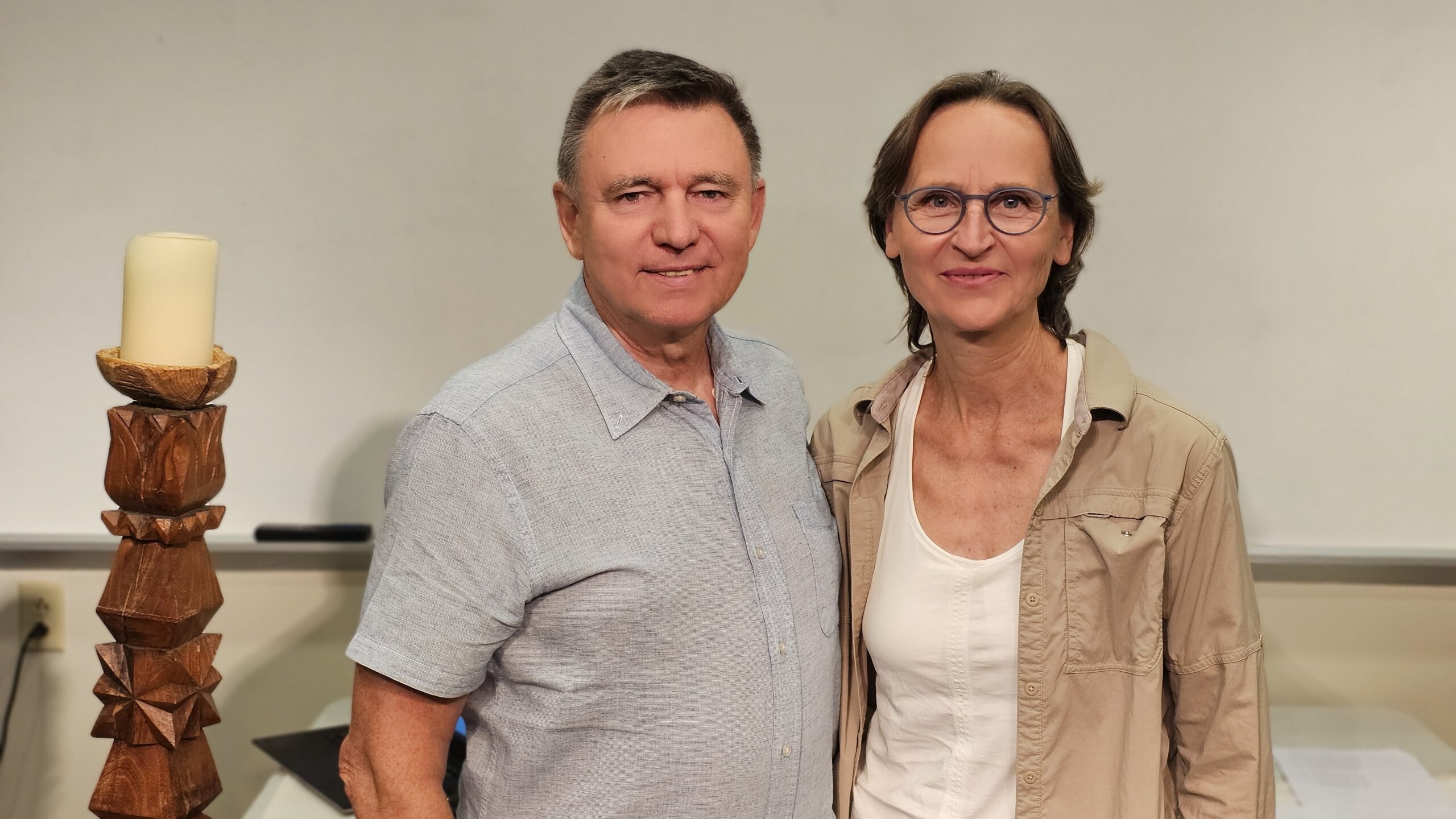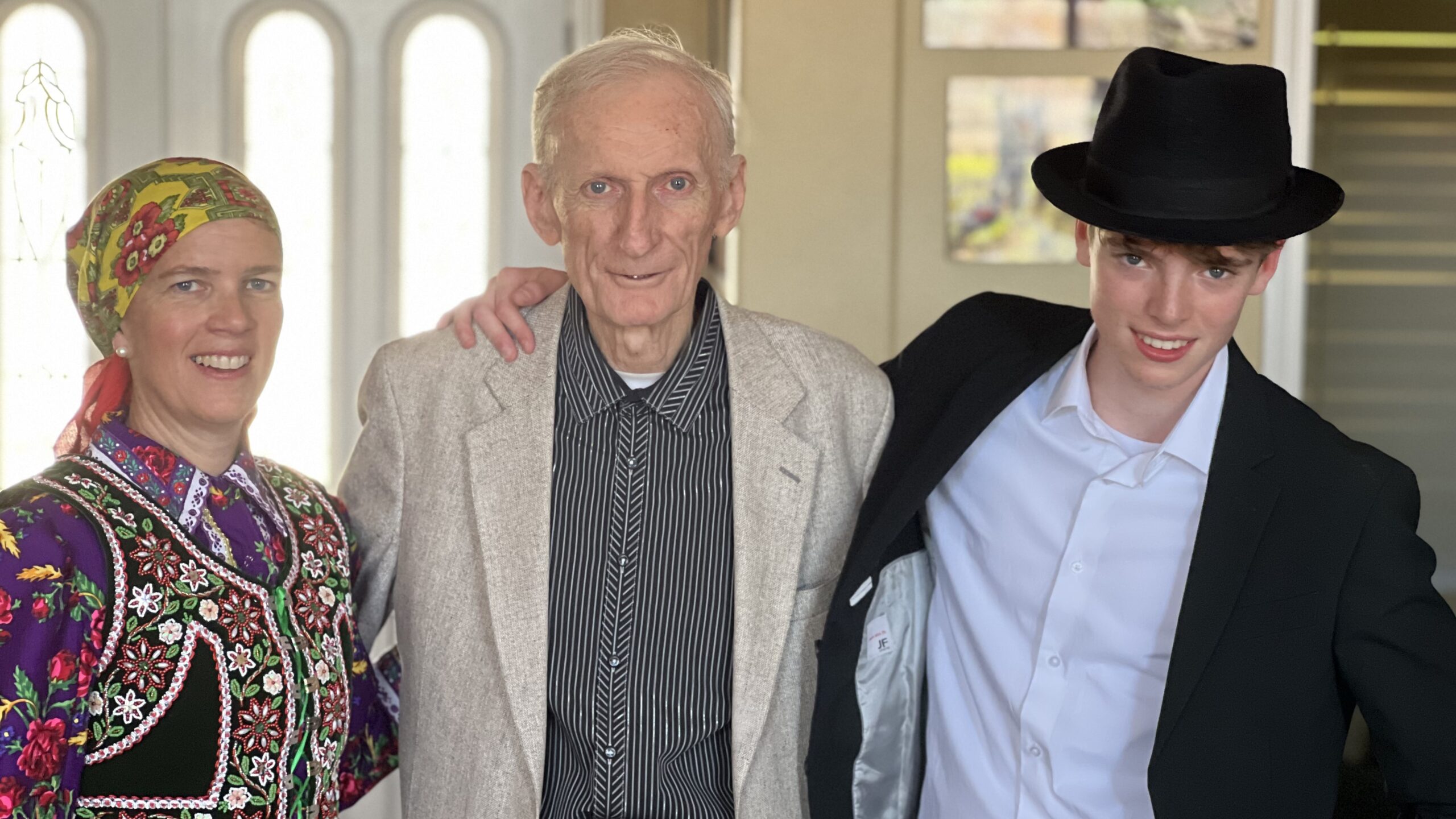
Reimagining Folklife Resources — A Conversation with Anna De Cheke Qualls
An in-depth interview with Anna (Panni) De Cheke Qualls, co-founder of the Hungarian Folklife Association, who moved to the States as a child with her family in the 1980s, then became actively involved in Hungarian folk dancing after her son, Leó became passionate about it. Now mother and son dance together in the Tisza Ensemble and Bátori Folk Dance Ensemble, where Panni also volunteers.

